METOPROLOL/HYDROCHLOROTHIAZIDE - ORAL
PHONETIC PRONUNCIATION: (met-oh-PRO-lol/HYE-droe-KLOR-oh-THYE-a-zide)
COMMON BRAND NAME(S): Lopressor HCT
GENERIC NAME(S): metoprolol tartrate/hydrochlorothiazide
Uses
USES: This medication is used to treat high blood pressure (hypertension). Lowering high blood pressure helps prevent strokes, heart attacks, and kidney problems. This product contains 2 medications, metoprolol and hydrochlorothiazide. Metoprolol belongs to a class of drugs known as beta blockers. It works by keeping certain natural chemicals such as epinephrine from acting on the heart and blood vessels. This effect lowers the heart rate, blood pressure, and strain on the heart. Hydrochlorothiazide is a "water pill" (diuretic) and causes your body to get rid of extra salt and water. This effect may increase the amount of urine you make when you first start the medication. It also helps relax the blood vessels so that blood can flow more easily.
How to use METOPROLOL/HYDROCHLOROTHIAZIDE - ORAL
HOW TO USE: See also Warning section. Take this medication by mouth with or right after a meal, usually 1 or 2 times daily or as directed by your doctor. If you take this drug too close to bedtime, you may need to wake up to urinate. Therefore, it is best to take this medication at least 4 hours before your bedtime. Consult your doctor or pharmacist if you have questions about when to take this medication. If you also take certain drugs to lower your cholesterol (bile acid-binding resins such as cholestyramine or colestipol), take this product at least 4 hours before or at least 4 to 6 hours after these medications. The dosage is based on your medical condition and response to treatment. Use this medication regularly to get the most benefit from it. To help you remember, take it at the same time(s) each day. It may take several weeks before you get the full benefit of this medication. It is important to continue taking this medication even if you feel well. Most people with high blood pressure do not feel sick. Tell your doctor if your condition does not improve or if it worsens (for example, your routine blood pressure readings remain high or increase).
Side Effects
Precautions
Interactions
Overdose
Images
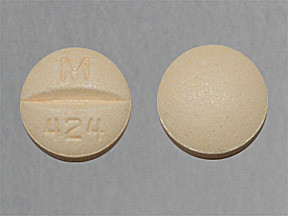
- color
- peach
- shape
- round
- imprint
- M 424
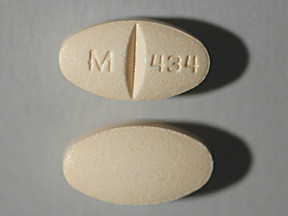
- color
- peach
- shape
- oblong
- imprint
- M 434
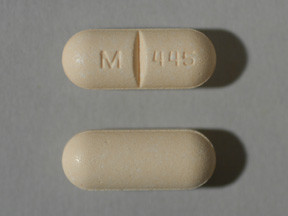
- color
- peach
- shape
- oblong
- imprint
- M 445

- color
- white
- shape
- oblong
- imprint
- Sandoz, 909/909
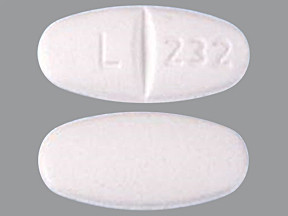
- color
- white
- shape
- oblong
- imprint
- L 232
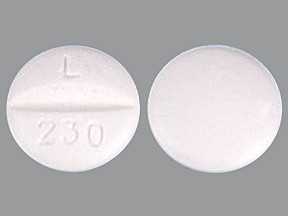
- color
- white
- shape
- round
- imprint
- L 230

- color
- white
- shape
- oblong
- imprint
- L 232

- color
- pink
- shape
- oblong
- imprint
- S 368
Reviews
Faq for METOPROLOL/HYDROCHLOROTHIAZIDE - ORAL
Metoprolol/hydrochlorothiazide is a combination medication that is used to treat high blood pressure (hypertension).
Metoprolol is a beta-blocker that works by blocking certain natural substances in the body, such as adrenaline, which can increase heart rate and blood pressure. Hydrochlorothiazide is a diuretic (water pill) that helps your body get rid of excess salt and water.
Common side effects may include dizziness, lightheadedness, fatigue, upset stomach, diarrhea, dry mouth, and increased urination.
Yes, some serious side effects may include slow or irregular heartbeat, fainting, difficulty breathing, swelling of the hands/feet, persistent nausea/vomiting, and signs of kidney problems. If you experience any of these, consult your doctor immediately.
It is important to inform your doctor about all the medications you are taking, including over-the-counter drugs and herbal supplements, to avoid any potential interactions.
It is typically taken once daily in the morning with or without food. Follow your doctor's instructions regarding the dosage and duration of treatment.
If you miss a dose, take it as soon as you remember. However, if it is close to the time for your next dose, skip the missed dose and continue with your regular dosing schedule. Do not double the dose to make up for a missed one.
It is generally recommended to limit or avoid alcohol consumption while taking this medication. Alcohol can increase the side effects of metoprolol and diuretics, like dizziness and low blood pressure.
This medication is not recommended during pregnancy as it may harm the unborn baby. Consult your doctor for safer alternatives.
It is not recommended to use metoprolol/hydrochlorothiazide while breastfeeding. Consult your doctor for alternative medications that are considered safe during breastfeeding.
Warning
WARNING: Do not stop taking this medication without consulting your doctor. Some conditions may become worse when you suddenly stop this drug. Some people who have suddenly stopped taking similar drugs have had chest pain, heart attack, and irregular heartbeat. If your doctor decides you should no longer use this drug, he or she may direct you to gradually decrease your dose over 1 to 2 weeks. When gradually stopping this medication, it is recommended that you temporarily limit physical activity to decrease strain on the heart. Seek immediate medical attention if you develop chest pain/tightness/pressure, chest pain spreading to the jaw/neck/arm, unusual sweating, trouble breathing, or fast/irregular heartbeat.
Disclaimer
IMPORTANT: HOW TO USE THIS INFORMATION: This is a summary and does NOT have all possible information about this product. This information does not assure that this product is safe, effective, or appropriate for you. This information is not individual medical advice and does not substitute for the advice of your health care professional. Always ask your health care professional for complete information about this product and your specific health needs.
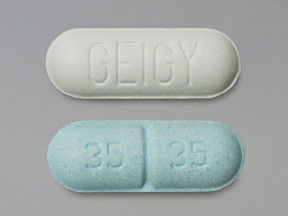
No Reviews Yet